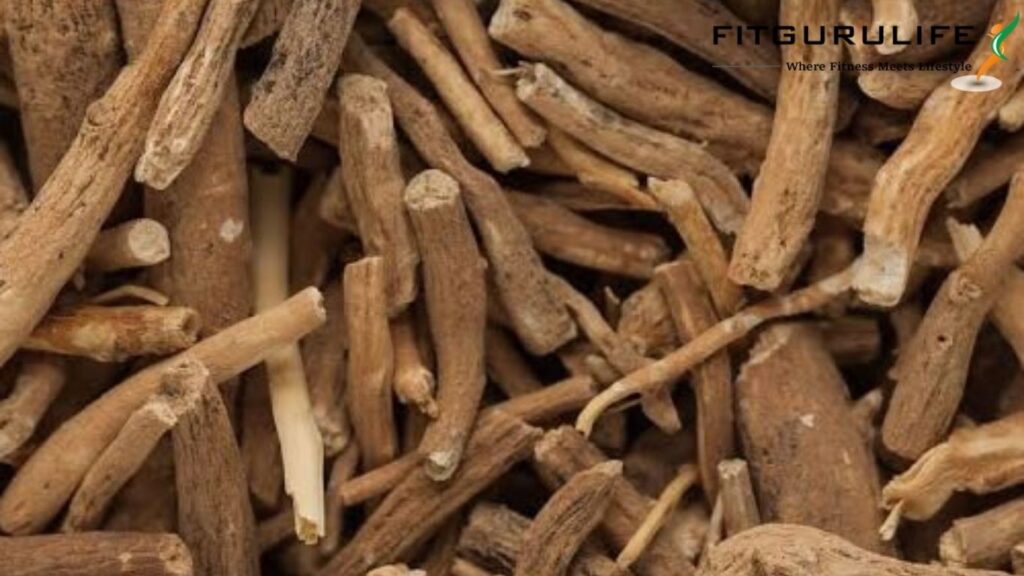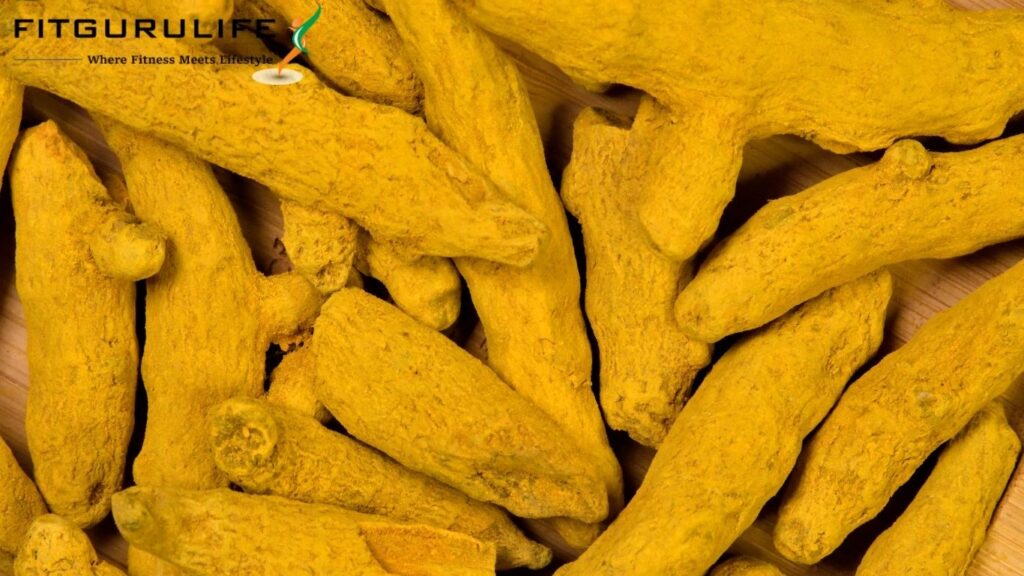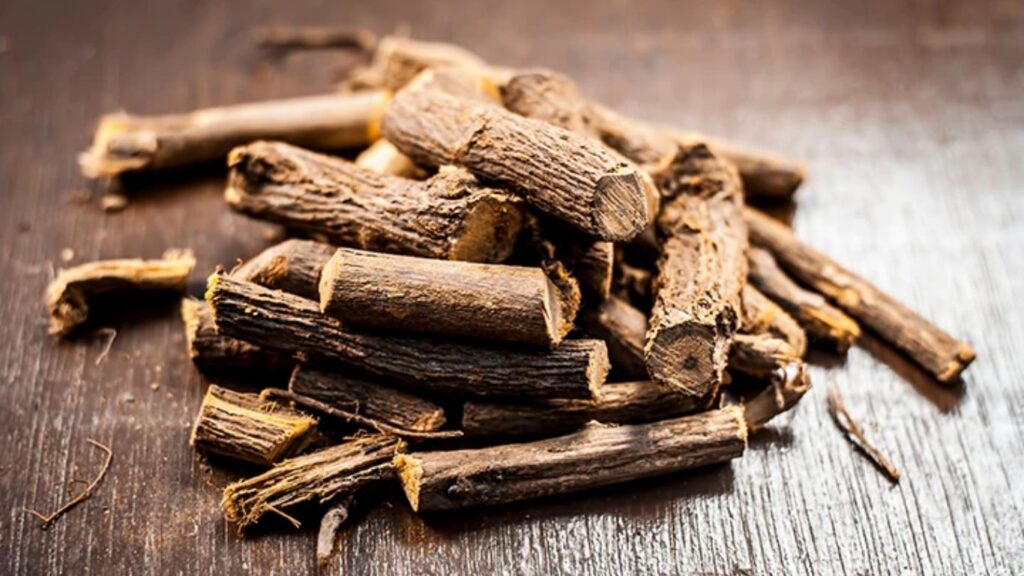Ayurveda, the ancient Indian system of medicine, has been harnessing the healing powers of nature for thousands of years. This holistic approach to health and wellness uses a combination of natural therapies, including herbal medicine, to restore balance to the body and mind. Among the many treasures of Ayurveda are a host of powerful herbs that are believed to have profound healing properties. In this blog post, we will explore 10 of these remarkable Ayurvedic herbs and the benefits they offer.
Ashwagandha (Withania somnifera)

Ashwagandha, also known as Indian ginseng, is one of the most important herbs in Ayurvedic medicine. This adaptogenic herb helps the body cope with stress by modulating the production of stress hormones. It also supports overall vitality by improving energy levels, enhancing focus, and promoting a sense of calm. Ashwagandha has also been studied for its potential to improve sexual function, support cognitive health, and even fight cancer.
Turmeric (Curcuma longa)

Turmeric is a bright yellow spice that is a staple in Indian cuisine. It is also one of the most powerful anti-inflammatory and antioxidant herbs in the Ayurvedic pharmacopoeia. The active compound in turmeric, curcumin, has been shown to have potent anti-inflammatory effects that are comparable to those of pharmaceutical drugs. It also supports liver health and may help treat various inflammatory conditions, from arthritis to inflammatory bowel disease.
Triphala

Triphala is a traditional Ayurvedic formula that consists of three fruits: amalaki, bibhitaki, and haritaki. This combination has a synergistic effect that enhances its healing properties. Triphala is commonly used as a gentle laxative to relieve constipation and improve digestion. It also has antioxidant properties that protect the body from the damaging effects of free radicals.
Tulsi (Ocimum sanctum)

Also known as holy basil, tulsi is considered an adaptogen that helps the body adapt to stress and restore balance. It is also used for its antimicrobial properties and is often used to treat respiratory conditions, such as asthma and bronchitis. Tulsi has also been studied for its potential to lower blood sugar levels and reduce the risk of diabetes.
Ginger (Zingiber officinale)

Ginger is a warming herb that is commonly used to improve digestion, reduce nausea, and treat various gastrointestinal issues. It is also an anti-inflammatory and antioxidant herb that can help reduce the pain and stiffness associated with arthritis. Ginger has also been studied for its potential to lower blood sugar levels and reduce the risk of heart disease.
Neem (Azadirachta indica)

Neem is a tree whose leaves, bark, and seeds are used in Ayurvedic medicine. It is known for its antimicrobial and antiparasitic properties and is often used to treat skin conditions and infections. Neem also supports liver health and may help detoxify the body.
Brahmi (Bacopa monnieri)

Brahmi is a traditional herb used to enhance cognitive function, improve memory, and support overall brain health. It is also an adaptogen that helps the body cope with stress. Brahmi has been studied for its potential to protect the brain from the damaging effects of oxidative stress and improve symptoms of Alzheimer’s disease.
Licorice (Glycyrrhiza glabra)

Licorice is a sweet-tasting herb that is used to soothe the digestive tract, support adrenal health, and reduce inflammation. It also has antiviral and antimicrobial properties that can help fight infections. Licorice has also been studied for its potential to treat various skin conditions, such as eczema and psoriasis.
Cinnamon (Cinnamomum verum)

Cinnamon is a warming spice that is used to improve circulation, support blood sugar balance, and enhance digestion. It is also an antioxidant and anti-inflammatory herb that may help reduce the risk of heart disease and diabetes. Cinnamon has also been studied for its potential to fight infections and improve cognitive function.
Shatavari (Asparagus racemosus)

Shatavari is a rejuvenating herb known for its ability to support female reproductive health, balance hormones, and enhance fertility. It is also an adaptogen that helps the body cope with stress and supports overall vitality. Shatavari has also been studied for its potential to improve symptoms of menopause and support breast milk production in nursing mothers.
Conclusion
These are just a few examples of the many powerful Ayurvedic herbs that have been used for centuries to support health and wellness. These natural remedies offer a holistic approach to healing that can help restore balance to the body and mind. By incorporating these herbs into your daily routine, you can unlock the healing powers of nature and take a step towards optimal health and wellness. Remember to consult with a qualified healthcare professional before using any herbal remedies, especially if you are pregnant, nursing, or have a medical condition.
Also read: Unlocking the Potential of Turmeric: A Potent Antioxidant Herbhttps://fitgurulife.com/2023/10/22/unlocking-the-potential-of-turmeric-a-potent-antioxidant-herb/
